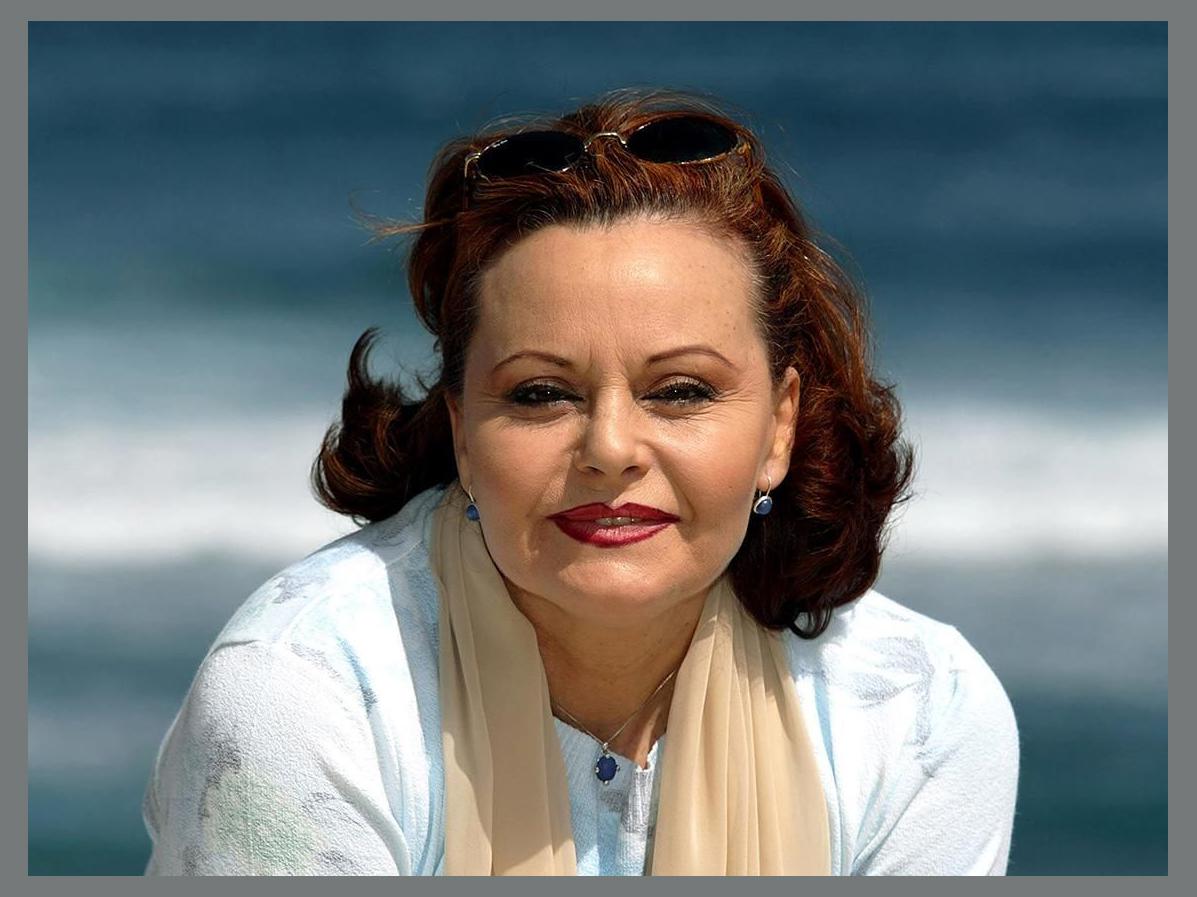 Rocío Durcal
Rocío Durcal
Rocío Dúrcal: The Nightingale of Spain and Her Timeless Anthem, "Amor Eterno"
In the annals of Spanish music, few names shine as brightly as Rocío Dúrcal. Her voice, a captivating blend of passion and vulnerability, resonated with audiences worldwide, leaving an enduring legacy that continues to inspire.
Early Life and Career:
María de los Ángeles de las Heras Ortiz was born on October 4, 1944, in Madrid, Spain. From a tender age, her extraordinary vocal talent was evident, and she began performing on radio and television shows as a child. In her early teens, she adopted the stage name Rocío Dúrcal, which means "dewdrops from the valley."
Rise to Stardom:
Dúrcal's career took a pivotal turn in 1965 when she was cast in the film "Más Bonita Que Ninguna." Her performance as the lead singer of a mariachi band captivated audiences and earned her international recognition. In the following years, she released a string of hit songs, including "Como Tu Mujer" and "La Gata Bajo la Lluvia."
"Amor Eterno": A Timeless Masterpiece:
In 1974, Dúrcal recorded "Amor Eterno," a heart-wrenching ballad composed by Juan Gabriel. The song became an instant classic, selling millions of copies and cementing Dúrcal's status as one of the most renowned singers in Latin America. Its lyrics, which express the pain and longing of unrequited love, have resonated with countless listeners over the decades.
Challenges and Controversies:
Despite her immense success, Dúrcal's life was not without challenges. In the 1980s, she faced accusations of plagiarizing the song "Acompáñame a Estar Solo." While she was eventually exonerated, the controversy cast a shadow over her reputation. Additionally, her marriage to Mexican singer Antonio Morales, known as Junior, was marred by infidelity and substance abuse.
Later Career and Legacy:
In her later years, Dúrcal continued to perform and record new music. She collaborated with a wide range of artists, including Vicente Fernández, Juan Gabriel, and Luis Miguel. In 2005, she was diagnosed with uterine cancer and passed away in 2006 at the age of 61.
Members and Discography:
Rocío Dúrcal was a solo artist throughout her career. Her extensive discography includes over 30 studio albums, numerous compilation albums, and collaborations with other musicians.
Conclusion:
Rocío Dúrcal's unforgettable voice and timeless songs have left an indelible mark on the world of music. As the "Nightingale of Spain," she captivated audiences with her emotional performances and heartfelt lyrics. Despite challenges and controversies, her legacy continues to inspire and endure as a testament to the power of love and the human spirit.
In the annals of Spanish music, few names shine as brightly as Rocío Dúrcal. Her voice, a captivating blend of passion and vulnerability, resonated with audiences worldwide, leaving an enduring legacy that continues to inspire.
Early Life and Career:
María de los Ángeles de las Heras Ortiz was born on October 4, 1944, in Madrid, Spain. From a tender age, her extraordinary vocal talent was evident, and she began performing on radio and television shows as a child. In her early teens, she adopted the stage name Rocío Dúrcal, which means "dewdrops from the valley."
Rise to Stardom:
Dúrcal's career took a pivotal turn in 1965 when she was cast in the film "Más Bonita Que Ninguna." Her performance as the lead singer of a mariachi band captivated audiences and earned her international recognition. In the following years, she released a string of hit songs, including "Como Tu Mujer" and "La Gata Bajo la Lluvia."
"Amor Eterno": A Timeless Masterpiece:
In 1974, Dúrcal recorded "Amor Eterno," a heart-wrenching ballad composed by Juan Gabriel. The song became an instant classic, selling millions of copies and cementing Dúrcal's status as one of the most renowned singers in Latin America. Its lyrics, which express the pain and longing of unrequited love, have resonated with countless listeners over the decades.
Challenges and Controversies:
Despite her immense success, Dúrcal's life was not without challenges. In the 1980s, she faced accusations of plagiarizing the song "Acompáñame a Estar Solo." While she was eventually exonerated, the controversy cast a shadow over her reputation. Additionally, her marriage to Mexican singer Antonio Morales, known as Junior, was marred by infidelity and substance abuse.
Later Career and Legacy:
In her later years, Dúrcal continued to perform and record new music. She collaborated with a wide range of artists, including Vicente Fernández, Juan Gabriel, and Luis Miguel. In 2005, she was diagnosed with uterine cancer and passed away in 2006 at the age of 61.
Members and Discography:
Rocío Dúrcal was a solo artist throughout her career. Her extensive discography includes over 30 studio albums, numerous compilation albums, and collaborations with other musicians.
Conclusion:
Rocío Dúrcal's unforgettable voice and timeless songs have left an indelible mark on the world of music. As the "Nightingale of Spain," she captivated audiences with her emotional performances and heartfelt lyrics. Despite challenges and controversies, her legacy continues to inspire and endure as a testament to the power of love and the human spirit.